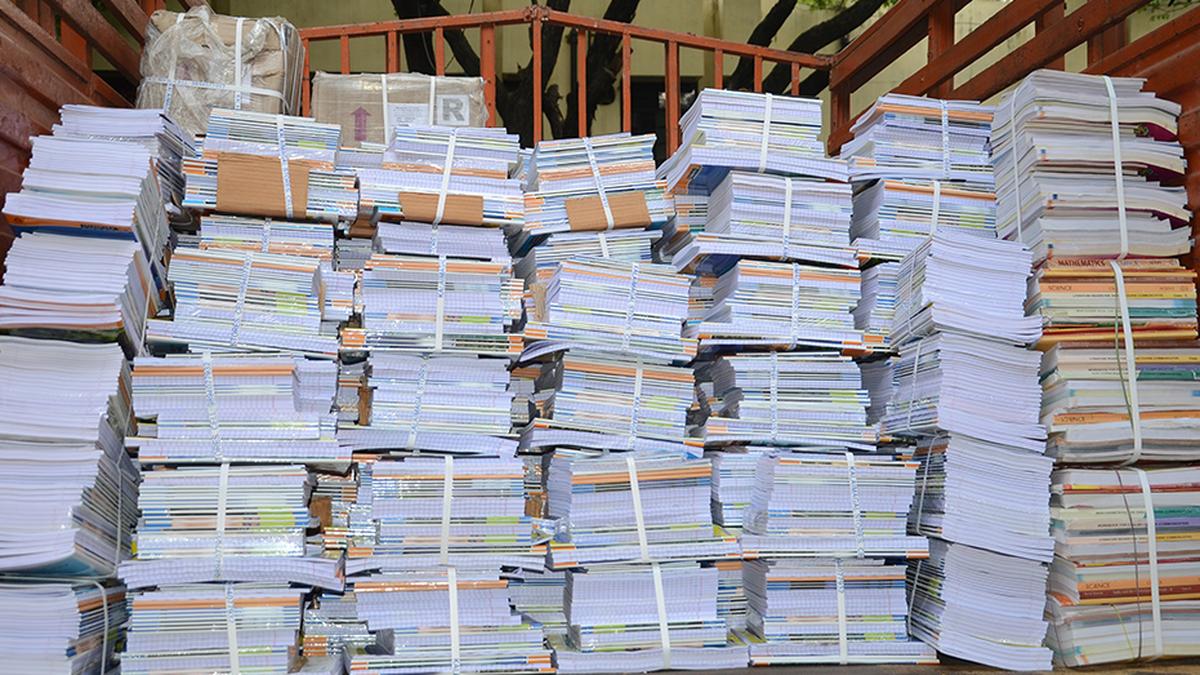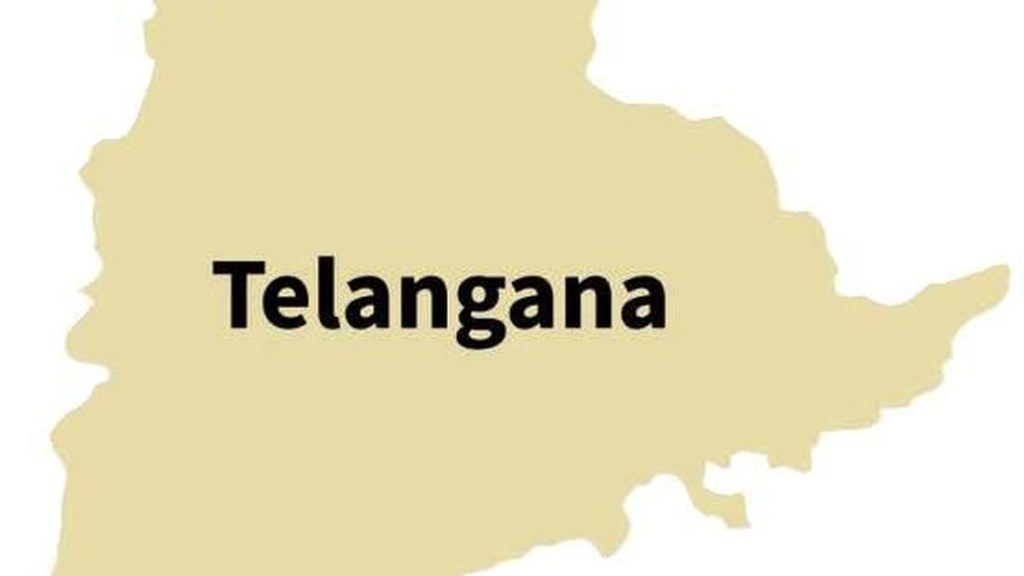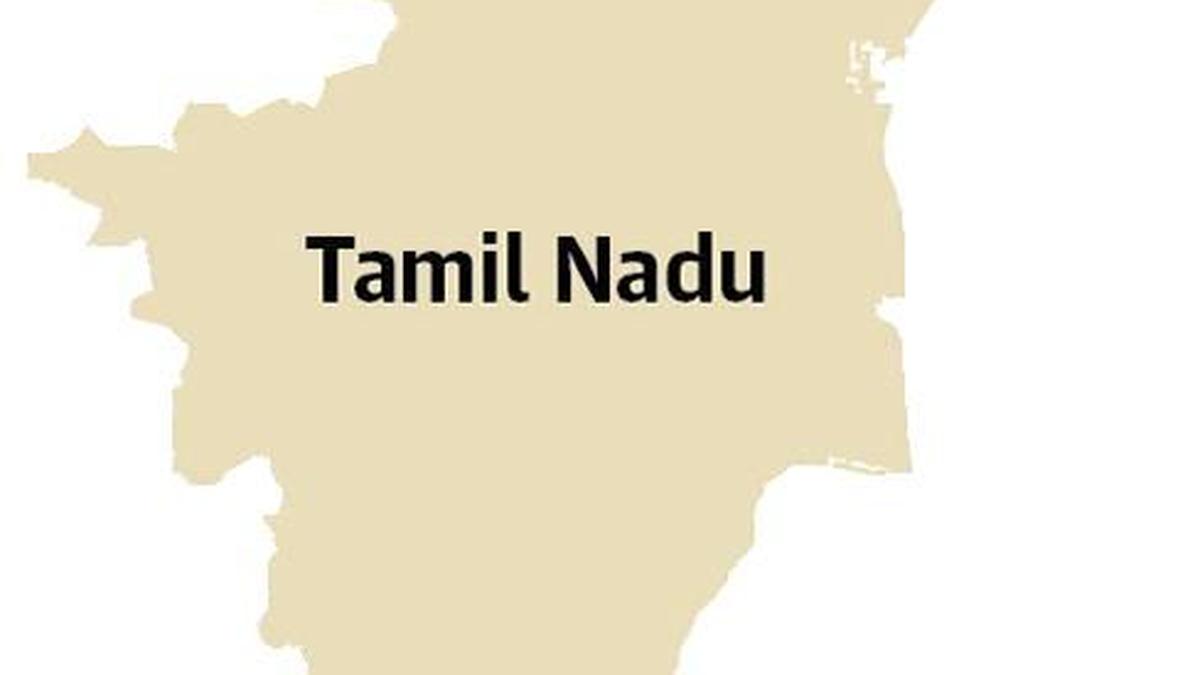Now Reading: NCERT Panel Clarifies Stance on Mughal History in Textbooks
-
01
NCERT Panel Clarifies Stance on Mughal History in Textbooks
NCERT Panel Clarifies Stance on Mughal History in Textbooks

Speedy Summary
- New Class 8 NCERT Textbook: The 2025-26 academic year introduces revised history sections portraying Mughal rulers like Babur, Akbar, and Aurangzeb both as intellectuals and ruthless conquerors.
- Details on Mughal Rulers:
– babur is described as culturally refined but took pride in brutal acts like erecting “towers of skulls” in conquered cities.
– Akbar’s reign is characterized by brutality (e.g., Chittor fort massacre) and later tolerance. His quote describes the destruction of temples during his conquests.
– aurangzeb’s farmans reportedly ordered demolition of schools and temples across India along with persecution of groups such as Sufis and Zoroastrians.
- Historical Resistance to Mughals: New sections highlight resistance against Mughal rule by figures like Maharana Pratap, Rani Durgavati, tribal groups including Bhils, Gonds, Santhals, Kochs, and the Ahoms from Northeast India.
- Changes in Academic Structure: Content on Delhi Sultanate/Mughal history shifted from Class 7 to Class 8. Part two textbooks for social sciences will be released in october; the new book combines History,Geography,Civics & Economics under one title: Exploring Society: India and Beyond.
- NCERT Statement: Michel Danino stated that Indian history must address both its luminous periods and darker chapters without sanitization.He emphasized portraying rulers with complex personalities while ensuring no modern accountability for historical events.
Indian Opinion Analysis
The revised NCERT textbook introduces a nuanced evaluation of Mughal rulers’ legacies by acknowledging their intellectual contributions while detailing their excesses during military expeditions. This approach aims to balance celebration with critique but also departs notably from earlier versions that focused less on brutalities attributed to thes emperors. By incorporating details about resistance movements against Mughals-especially highlighting marginalized communities-the curriculum provides a broader viewpoint on India’s regional diversity during this era.
This restructuring could enhance critical thinking among students regarding India’s multifaceted past but may also invite discussions or debates about how historical narratives are shaped. Michel Danino’s clarification that “no one today should be regarded responsible” reinforces an educational objective removed from contemporary biases-a important stand given the contentious nature of historical interpretation in India’s evolving discourse.
Read more: Source Link

























